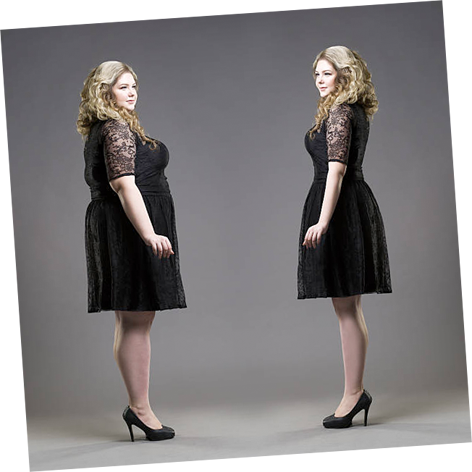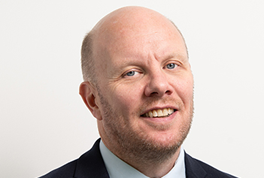Meet The Team
- Home
- Meet The Team
- Mr Chris Shearer
Mr Chris Shearer
MB ChB, FRCS
Chris is a Consultant General Surgeon with subspecialty interests in upper gastrointestinal, laparoscopic and weight loss surgery. His NHS practice is based at Forth Valley Royal Hospital. He is the Deputy Lead Clinician for the West of Scotland Upper Gastrointestinal Cancer Managed Clinical Network and the secretary of the Severe and Complex Obesity Treatment Service (SCOTS) group.
A graduate from the University of Glasgow in 1995, Mr Shearer embarked on postgraduate General Surgical training in the West of Scotland. A period of clinical research led to him obtaining a Medical Doctorate from the University of Glasgow in 2004 for his work on Barrett’s oesophagus. His research has led to various national and international presentations and publications and in 2008 he was nominated for a World Scientist Forum International Award.
Chris provides Gastric Bands, Gastric Balloons and Gastric Sleeve procedures for Aspire.
97.4%
Customer Satisfaction
What our clients say
Comments from happy customers
Frequently asked questions
How Will My Life Change after Surgery?

Lifetime follow-up is recommended, with at least three follow-up visits during the first year. Adjustable gastric banding requires more frequent visits for band adjustments. You will need to adopt a healthy lifestyle, including a new nutrition plan and regular exercise, although exercise restrictions may be in place until you are healed. Because of the decrease in food intake, constipation may occur. A laxative may be recommended. You may want to consider or may require reconstructive operations after your weight stabilizes.
Medications can be prescribed as needed. However, your doctor may tell you to avoid aspirin and nonsteroidal anti-inflammatory drugs, which can irritate the stomach.
How Will My Diet Change?

Immediately following adjustable gastric banding, only sips of water are allowed. Over the next two weeks, the consumption amount is increased gradually with fluids in the form of water and liquids, such as clear broth, skimmed milk, low-calorie juice and sugar-free ice lollies. You will need to watch how many calories you eat and limit your liquid intake to avoid nausea and vomiting. Low-fat pureed foods, protein-rich chicken and fish, mashed potatoes and peas are started three to four weeks after the operation.
Patients who undergo more invasive procedures follow a similar dietary progression for 12 weeks and then they are allowed regular, healthy foods.
Once healed, care must be taken to let your stomach adapt to its new environment. Vitamin supplements may be necessary
How Long Will It Take for Me to Recover?

That depends on the procedure. Patients, who undergo laparoscopic adjustable gastric banding or sleeve gastrectomy surgery tend to stay in the hospital for typically one night.
Recovery times differ too. In one study, patients returned to normal activity in about one week after laparoscopic adjustable gastric banding and between two to three weeks after a sleeve gastrectomy.
Make an enquiry
Our discreet team will contact you in the way that is best for you




